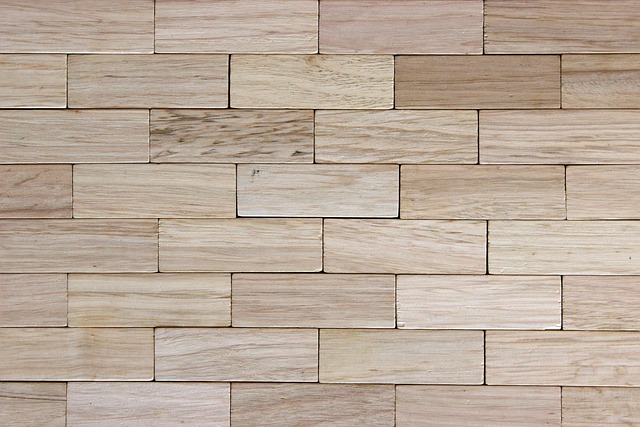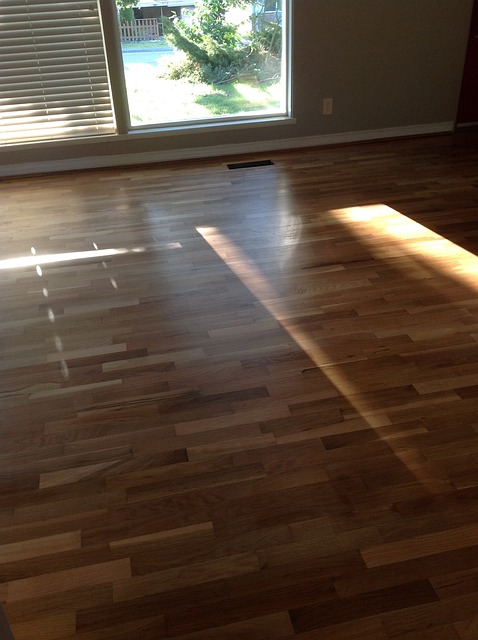In Atlanta, choosing or upgrading your flooring is best accomplished with the expertise of local floor installers who specialize in Atlanta flooring installation. These professionals are well-informed about the region's climate and housing styles, offering a broad selec…….
Category: atlanta flooring installation
Atlanta Flooring Installation: A Comprehensive Analysis
Introduction
Flooring installation in Atlanta, a bustling metropolis with a rich cultural tapestry, is a testament to the city’s commitment to aesthetic excellence and functional design. This article delves into the intricacies of Atlanta’s flooring installation industry, exploring its significance, historical context, and how it has evolved to meet contemporary demands. We will navigate through the global impact and trends, economic considerations, technological advancements, policy frameworks, and the challenges faced by this dynamic field. Additionally, we will examine case studies that highlight the successful implementation of flooring solutions in Atlanta and project the future prospects for this industry.
Understanding Atlanta Flooring Installation
Atlanta flooring installation refers to the process of laying out and fixing floor coverings such as hardwood, carpet, tile, and laminate within residential and commercial spaces. This practice is integral to construction and renovation projects, significantly influencing the aesthetic appeal, comfort, and longevity of a building’s interior. The core components of this industry include skilled laborers, diverse materials, specialized tools, and adherence to safety and quality standards.
Historically, flooring installation in Atlanta has been influenced by architectural trends, available materials, and the evolving preferences of homeowners and businesses. From the grandiose mansions of the Gilded Age to the modern high-rises of today, flooring installation has consistently played a pivotal role in defining spaces and reflecting the city’s identity.
Global Impact and Trends
The impact of Atlanta’s flooring installation extends beyond local borders, with global trends influencing local practices and vice versa. The rise of sustainable materials and eco-friendly installation methods is a significant trend, as is the increasing demand for smart flooring systems that integrate technology for enhanced functionality. Regions like Europe and Asia are at the forefront of innovation in this field, with their advancements often adopted by Atlanta’s industry professionals.
Economic Considerations
From a macroeconomic perspective, the flooring installation sector is a vital component of Atlanta’s economy. It contributes to job creation, stimulates demand for raw materials, and influences the real estate market by enhancing property values. Market dynamics are driven by consumer preferences, economic conditions, and technological advancements. Investment patterns in this sector are influenced by trends such as the rise of minimalist design, health-conscious choices like allergen-resistant flooring, and the integration of smart home technology.
Technological Advancements
Technology has revolutionized the flooring installation process in Atlanta. Innovations like laser measurement tools, moisture detection systems, and advanced adhesives have improved precision, durability, and environmental sustainability. The advent of 3D printing in flooring design is a promising area that could disrupt traditional manufacturing and installation methods.
Policy and Regulation
The regulatory framework governing Atlanta’s flooring installation industry ensures safety, quality, and environmental compliance. Building codes, material standards, and labor regulations are key components of this framework, providing a foundation for best practices and ethical operations. Compliance with these policies is critical for the industry’s reputation and the longevity of installed flooring systems.
Challenges and Criticisms
The flooring installation industry in Atlanta faces challenges such as material scarcity, labor shortages, and competition from mass-produced, low-quality products. Critics also point out the environmental impact of certain flooring materials and the need for more sustainable practices. Addressing these issues requires a concerted effort by manufacturers, installers, policymakers, and consumers to prioritize quality, sustainability, and ethical labor practices.
Case Studies
Several case studies from Atlanta illustrate the successful application of flooring installation. One such example is the restoration of the historic Fox Theatre, which required meticulous preservation of original materials while incorporating modern flooring solutions for improved functionality and safety. Another is the innovative use of smart flooring in a high-tech office space, enhancing both aesthetic appeal and employee productivity.
Future Prospects
The future of Atlanta’s flooring installation industry is bright, with potential growth areas including smart technology integration, increased demand for sustainable materials, and the exploration of new design frontiers. Emerging trends like biophilic design, which incorporates natural elements into indoor spaces, are likely to influence the types of flooring installed in Atlanta’s homes and businesses.
Conclusion
Atlanta’s flooring installation industry is a complex, multifaceted field that plays a crucial role in the city’s construction and renovation sectors. It embodies a blend of tradition and innovation, with a strong commitment to quality and sustainability. The insights provided in this article underscore the importance of this industry in shaping Atlanta’s built environment and its relevance on the global stage.
FAQ Section
-
What are the most common types of flooring installed in Atlanta?
Hardwood, carpet, tile, and laminate are among the most popular choices due to their versatility and durability. -
How important is sustainability in flooring installation?
Sustainability is increasingly important as consumers and regulators demand eco-friendly practices that minimize environmental impact. -
What trends are influencing the flooring industry in Atlanta?
Trends include smart technology integration, sustainable materials, and innovative design approaches like biophilic design. -
How does regulation impact the flooring installation process?
Regulations ensure safety, quality, and sustainability, guiding best practices within the industry. -
What challenges do flooring installers in Atlanta face?
Installers contend with material scarcity, labor shortages, and competition, as well as environmental concerns associated with some products.
This article provides a comprehensive overview of the flooring installation industry in Atlanta, encompassing its current state, global influence, economic impact, technological advancements, regulatory environment, challenges, case studies, and future prospects. It serves as a valuable resource for anyone interested in or involved with this dynamic field.
Optimizing Your Space with Top Atlanta Flooring Installers
explore the intricacies of Atlanta floor installers and their pivotal role in transforming your living spaces. With a comprehensive look at Atlanta flooring installation options, this article delves into the expertise of local professionals and guides you through selecting t…….
Atlanta’s Premier Flooring: An Insider’s Guide to Expert Installation and Selection
When it comes to elevating your space with unparalleled flooring solutions, Atlanta’s floor contractors stand out for their exceptional craftsmanship and wide-ranging services. This article delves into the expertise of Atlanta floor installers, highlighting the superior qual…….
Optimizing Your Space: A Comprehensive Guide to Atlanta Floor Installation and Maintenance
When revamping your Atlanta space or launching a new venture, selecting the optimal flooring and expertly installing it can significantly elevate its ambiance and functionality. This article delves into the nuances of Atlanta flooring installation, from choosing the right mat…….
Atlanta’s Best Floor Installers: Expert Tips and Services for Perfect Flooring
When it comes to transforming your Atlanta space with new floors, the expertise of local floor installers is invaluable. This comprehensive guide delves into the craftsmanship of Atlanta flooring installation, highlighting the best floor contractors in the region. From selec…….
Optimizing Your Space with Atlanta Flooring Installers: A Guide to Selection and Costs
Explore the diverse landscape of Atlanta floor installers with our comprehensive guide. From the initial steps of selecting your ideal flooring to understanding the intricacies of professional installation, this article provides an in-depth look at what Atlanta flooring inst…….
Premium Flooring Solutions by Top Atlanta Floor Contractors
In Atlanta, those seeking top-tier flooring installation services can rely on the expertise of local floor contractors who specialize in a wide array of flooring options. With a team of skilled Atlanta floor installers, these professionals offer comprehensive flooring instal…….
Atlanta Flooring Guide: Choosing and Installing with Top Contractors
이 텍스트는 다양한 주제와 용어를 포함하여 여러 가지 사항을 설명하고 있습니다. 그 중에서도 'Benjamin Harib', 'Molly Nextome', 'Churchill Laser Sighted', 'Henry Tannie', 'Anthony female tattoblog…….
Premium Atlanta Flooring: A Guide to Top Contractors and Installation Processes
The Atlanta floor installers and floor contractors are highly skilled professionals who excel in combining traditional craftsmanship with contemporary techniques to deliver exceptional flooring installations. These experts offer bespoke solutions using a variety of materials…….
Atlanta Floor Installation Mastery: Top Contractors & Premier Flooring Solutions
In Atlanta, top-tier floor installers specialize in delivering exceptional flooring installation services that blend bespoke personalization with meticulous precision. These professionals, known as Atlanta floor contractors, are adept at handling a variety of flooring types …….









